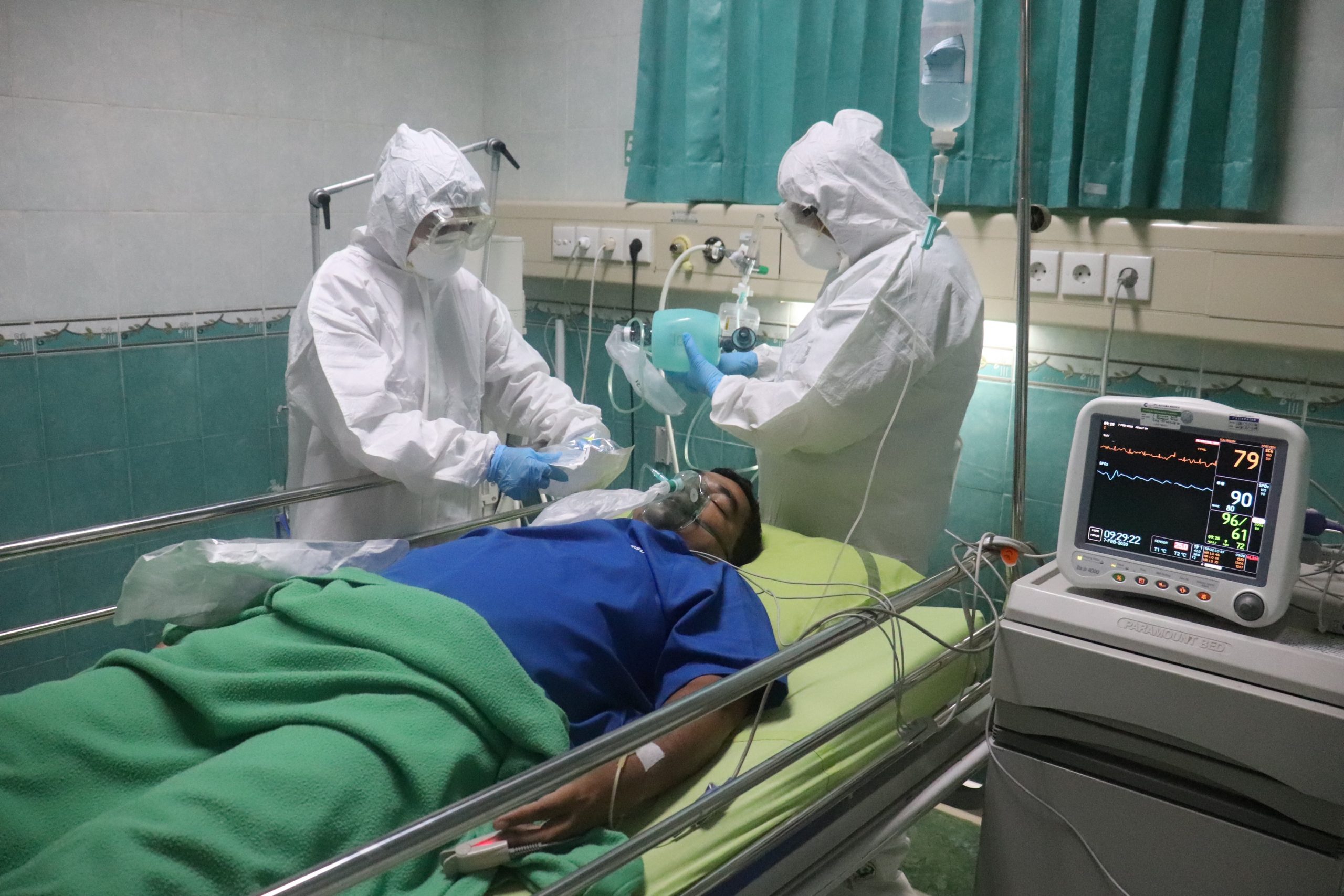The unpredictability and possible effects of Covid-19 on the body scares even healthcare specialists.
However, KU associate professor in Oncology Pharmacy, Dr Shereen Nabhani says that the threat of the virus itself is compounded by conspiracy theorists promoting misinformation about vaccines.
“With Covid-19 as a virus, we don’t know who is going to have a serious reaction and who’s going to have mild disease. That unpredictability is very scary. As a healthcare professional, I am still worried until I receive the vaccine,” Nabhani said.
“Any vaccine we take is to boost our immunity and to train your body to fight the infection. What the vaccine does is it exposes your immunity, your T cells that are responsible for the immunity, to a specific body in a very small and weak dose.
“That way the immunity has a good chance to learn how to fight it so when the real infection comes along, it can quickly mount a response and eradicate it.
“The idea with the vaccines is that it is not 100 per cent effective that you won’t get the virus, but if you get it, you will have a very mild infection.
Before the majority of the population gets the vaccine, Nabhani suggests that it’s not just the new variants pose a new threat.
“There is something called long Covid – people that have recovered from their acute illness but for months they have these lingering effects that are so strange.
“It’s not really an infection, but they have got these strong headaches, or they are tired to a point that they cannot do anything. At the moment, the doctors don’t have a name for it, they are calling it ‘long Covid’,” Nabhani said.
Trust reputable sources
Besides the threat from Covid-19, the KU associate professor says that conspiracy theorists promoting misconceptions about vaccines and their usage, also worry her.
“People are sharing information on social media, where everybody has a voice. I think anti-vaxxers have become more heard now because everyone is thinking about the vaccines and suddenly, they have a very strong voice, causing this fear and misconceptions around the world.
“I think all people should educate themselves and nobody should take any medicine or any vaccine without having all their questions answered from reputable sources, from someone who has earned the right to publicly speak about the vaccines,” Nabhani said.
One of theareas that still sparks debate is whether coronavirus vaccines were made and approved too quickly, when any other vaccines could take up to five or 10 years to produce.
“The answer is that the Covid-19 pandemic is a global problem, so all the countries in the world wanted a vaccine and they were putting a lot of money into research.
“If you think about the barriers to get the vaccine or any medicine approved, the barriers are funding.
“In the case of Covid-19, big countries with big economies pumped money into the research and it was very easy to recruit participants [for vaccine testing] because people are scared of the virus. That is why huge studies were conducted very quickly,” Nabhani said.
The KU associate professor praised the UK government’s choice of place to run pop-up clinics.
“What was really clever and did send a strong message to the community was running vaccine hubs out of churches and mosques. The subtle ways of instilling trust in the vaccine through the community are very important,” Nabhani said.

